In 2021, Alaska became the latest of several states to determine that the involuntary assignment of legal malpractice claims violates state public policy enough for the court to outlaw this practice entirely. PADRM Gold Mine, LLC. v. Perkumpulan Investor Crisis Center Dressel – WBG, 498 P.3d 1073 (Alaska Sup. Ct., 2021). The Alaska court, like other states, stepped in to fill this loophole left by state legislatures.
What is ‘involuntary assignment’ of a legal claim?
Legal claims are involuntarily assigned when they are assumed by a third party as the result of some action (i.e., court judgment, foreclosure, etc.). The right to bring a claim to recover money is generally assignable, in Alaska, and every other state in the union.
A legal malpractice claim is in its essence, a claim to recover money, however the public policy behind why these claims are allowed to be brought in court gives pause as to whether they should be assignable or not.
How was this issue decided by the Alaska Supreme Court?
This issue came before the court as a matter of first impression in the case of PADRM Gold Mine, LLC. v. Perkumpulan Investor Crisis Center Dressel – WBG, 498 P.3d 1073 (Alaska Sup. Ct., 2021). The claim originates from a group of defrauded investors who brought a lawsuit in Washington seeking to recover assets they alleged had been fraudulently conveyed to perpetrators of the fraud. The investors discovered that the alleged perpetrators owned land in Alaska under the name of a mining company; so, the investors filed an action in Alaska superior court for fraudulent conveyance and to quiet title to the property.
The Washington case was later dismissed; the Alaska superior court then granted summary judgment against the investors, concluding that as a result of the dismissal of the Washington case they lacked standing to pursue their Alaska claims.
The defrauded investors had only one apparent option remaining to recover their lost funds: a potential legal malpractice claim against their Alaska attorneys for having filed a fatally defective claim. The investors chose not to pursue such a claim, but the mining company moved for a writ of execution, seeking the involuntary assignment of the potential claim to itself. The lower court denied this request, and the mining company appealed that decision.
Why are Legal Malpractice Claims not Assignable?
The Alaska Supreme Court upheld the decision of its lower superior court, that the public policy which allows legal malpractice claims to be brought, does not support the involuntary assignment of these claims. Public policy supports the right to bring legal malpractice claims because we want to protect litigants who are taken advantage of by wrongdoing or neglectful attorneys.
Public policy does not support attorneys having to pay out third parties who take on otherwise abandoned legal malpractice claims. Allowing this assignment would disrupt the sanctity of the attorney-client relationship. It is only the client’s right to recover money for a legal malpractice claim.
The Alaska Supreme Court decision was one of first impression for the state, but the Court relied upon the same precedent created by the California Court of Appeals in Goodley v. Wank & Wank, Inc., 62 Cal.App.3d 389, 133 Cal.Rptr. 83 (1976). California and Alaska are just a few of the states where there is no legislative prohibition against the assignment of legal claims but the state court’s have felt strongly enough about the public policy reasoning behind prevention of these claims, they have stepped in and created such a prohibition themselves.
Legal Disclaimer: The information on this blog is for general informational purposes only and does not constitute legal advice. It is based on current legal standards but does not create an attorney-client relationship. For advice specific to your situation, consult a qualified attorney.
The views expressed are those of the individual authors and do not reflect those of any affiliated organizations or a single Katz Law Firm lawyer or agent. The accuracy and applicability of the information may vary. The blog owner and authors assume no liability for actions taken based on this content. Always seek professional legal counsel before making any legal decisions.



















